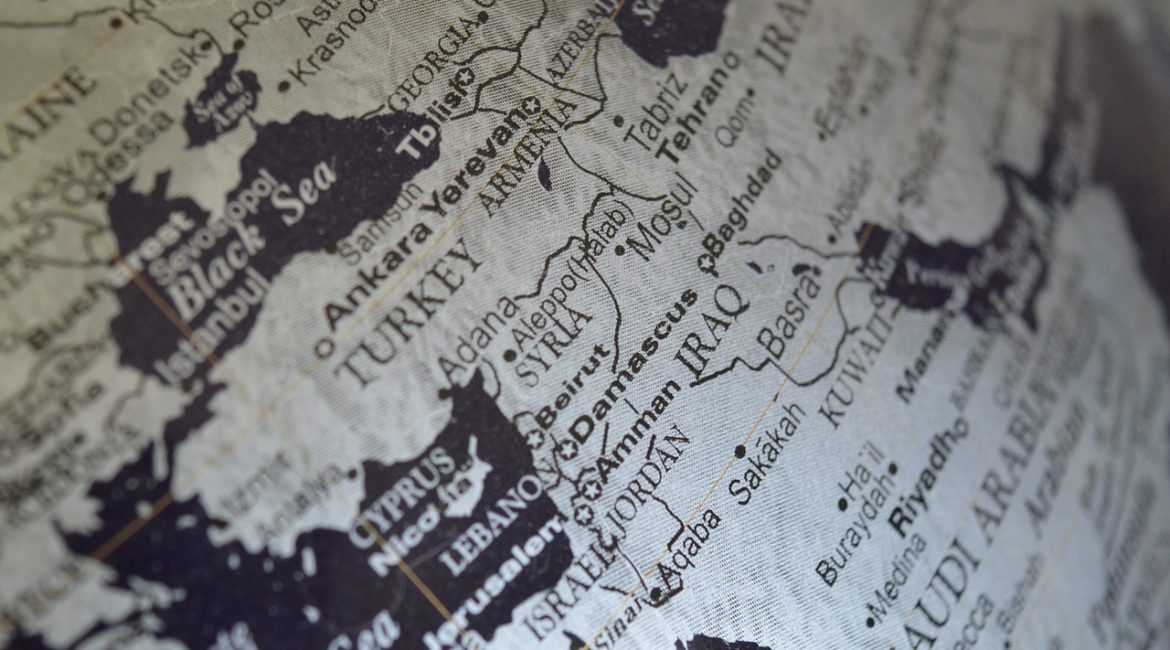Relations between Türkiye and Syria have been tense for decades. The situation began to improve when the Turkish president, Ahmet Necdet Sezer, decided to attend the funeral of the late Syrian president, Hafez al-Assad, in June 2000. Extremely warm relations ensued in 2009, when Recep Tayyip Erdogan and Syrian president Bashar al-Assad vacationed in Türkiye with their families. But what we call the “Arab Spring” turned everything upside down.
During the early months of the Arab Spring, Türkiye's ruling Justice and Development Party (AKP) believed that a range of countries dominated by the Muslim Brotherhood, from Tunisia to Syria, Libya and Egypt, was taking shape and that Türkiye could become its leader. But this dream was quickly shattered. Rather than becoming the leader of these regional neighbors, Türkiye has had problems with almost all of these countries.
Bashar Al-Assad's repeated statements indicate that he considers Türkiye's withdrawal from northern Syria as a condition for the resumption of normal relations between Ankara and Damascus.
Several Arab countries, including Saudi Arabia, the United Arab Emirates and Egypt have been able to address various issues by improving their relations with Türkiye. But Syria has as a condition the withdrawal of Turkish military forces from its territory and wants Ankara to reduce the support it provides to extremists and other organizations. The Syrian president mentioned that, in the presence of a favorable environment after Türkiye's withdrawal from Syrian territory, it would be natural to establish normal ties as in the past.
On the Turkish side, Defense Minister Yasar Guler suggested recently that there was no change in Türkiye's attitude towards the withdrawal from Syria. He reminded the talks held at different levels between the two countries, as well as Türkiye's sensitivities regarding the security of its borders and the Turkish people living in areas near the Syrian border. He added that he expected from Bashar Al-Assad to act reasonably, suggesting that he would show a conciliatory attitude.
The meetings between Türkiye and Syria began when the current Turkish Foreign Minister, Hakan Fidan, was head of the Turkish intelligence services. He therefore knows the context of these negotiations, so he is expected to contribute to future negotiations in his new role. Russian and Iranian representatives also participated in previous meetings held in Russia.
One of the most significant effects of Türkiye's withdrawal from Syria would be the fate of extremists trapped north of Idlib. The main terrorist organization was the Nusra Front, created as an extension of Al-Qaeda. This group then severed its ties with Al-Qaeda and called itself “Hayat Tahrir al-Sham” (HTS).
Ahrar al-Sham is another militant group operating in Idlib and it cooperates with HTS from time to time. Neither HTS nor Ahrar al-Sham are part of the Turkish-sponsored Free Syrian Army, renamed in 2017 the “Syrian National Army.”
These groups have changed their name several times, but United Nations Security Council Resolution 2254 still refers to them, calling on member states “to prevent and suppress terrorist acts committed by Daesh, the Nusra Front and all other individuals, groups, companies and entities associated with Al-Qaeda or Daesh and other terrorist groups".
In the event that Türkiye withdraws from northern Syria, the Kurds, well organized and equipped thanks to a strong support from the United States, would further shift the balance of power in their favor. The area covered by the US-backed Kurds corresponds to almost a third of the entire Syrian territory. Turkish, Syrian and Kurdish cooperation would have been the best compromise for northern Syria, but Türkiye was unable to take advantage of this situation, in part because of American opposition.
One of Türkiye's misfortunes is that two important players in the region, the United States and Russia, strongly support the Kurdish cause. Russia is trying to integrate Kurdish fighters from the People's Protection Units (YPG) into the Syrian army as a separate brigade, but this plan faces several obstacles.
A similar problem arises regarding fighters currently serving in the so-called "Syrian National Army". Will they be dispersed or somehow integrated into Syrian society? If they are dispersed, to what extent will the Syrian population accept them? This will be a major problem for both Türkiye and Syria.
Many problems are the result of Türkiye's policy towards Syria and Ankara will therefore have to make more efforts. Syria's participation in the Arab League will give Damascus the opportunity to blame Türkiye in a forum where the latter is absent. After an absence of twelve years, Syria's participation in Arab League meetings puts an end to its isolation. As a result, Damascus will have less need to cooperate with Türkiye and Bashar al-Assad may become more intransigent.

